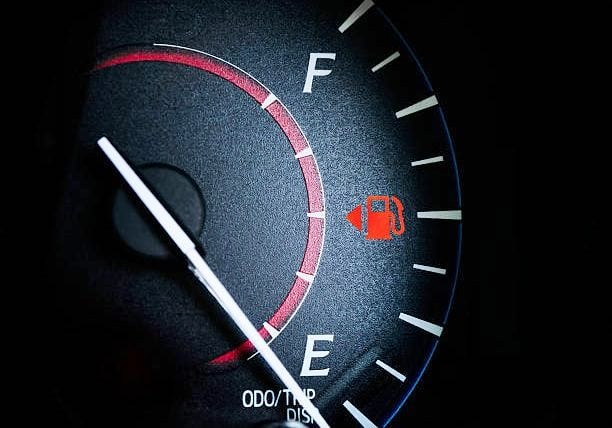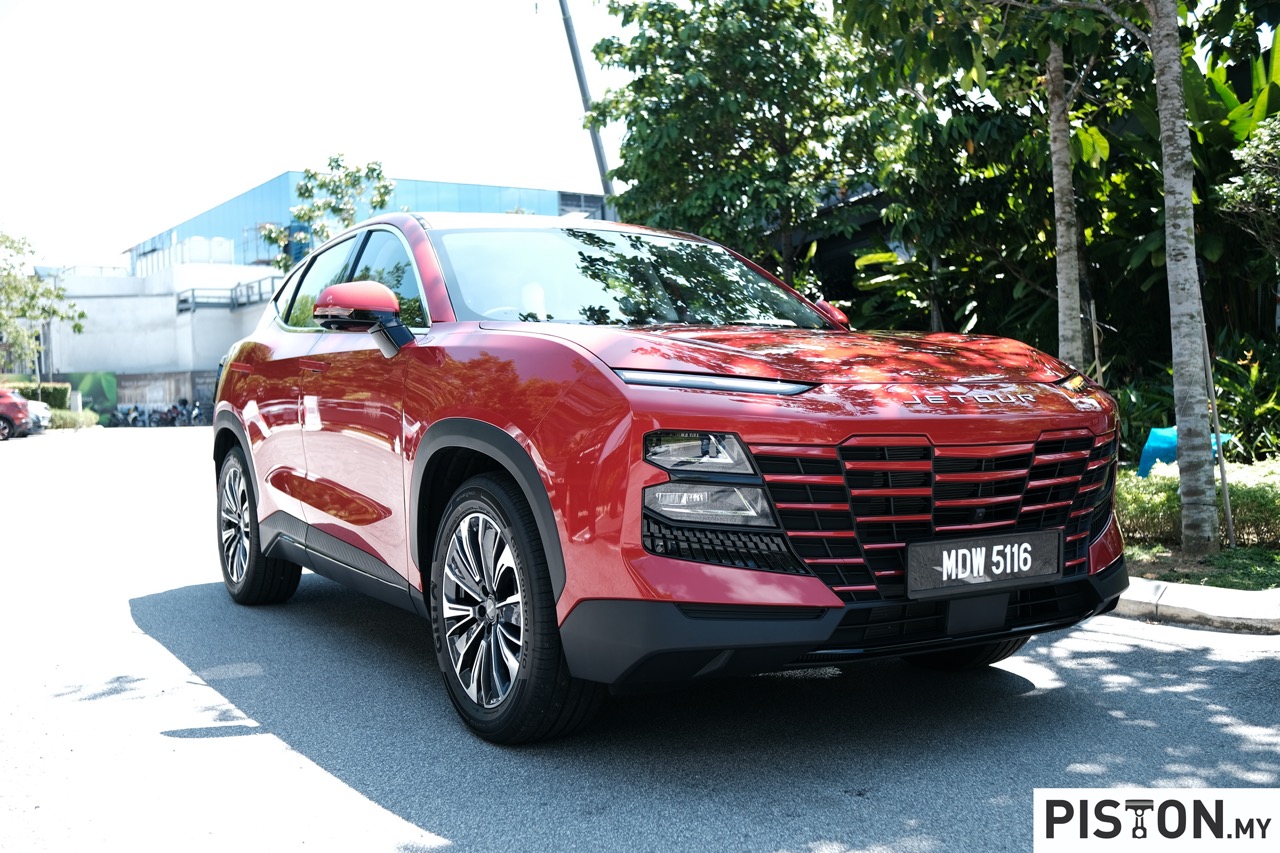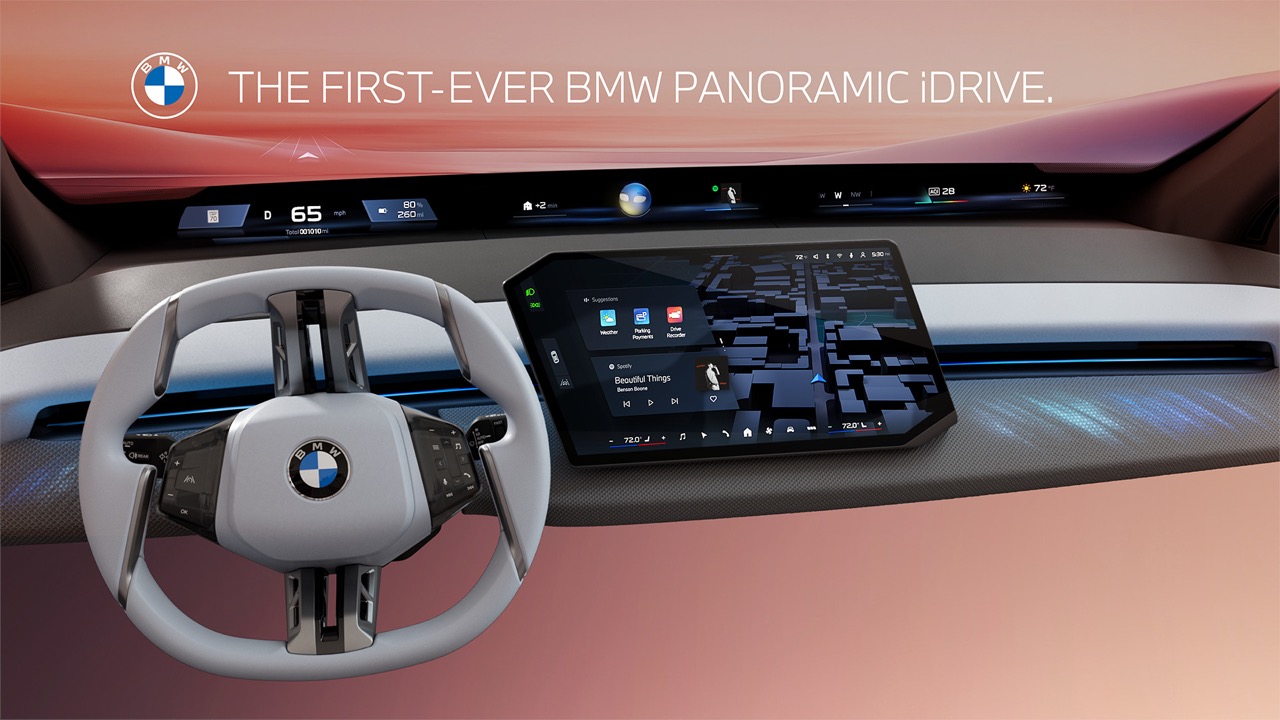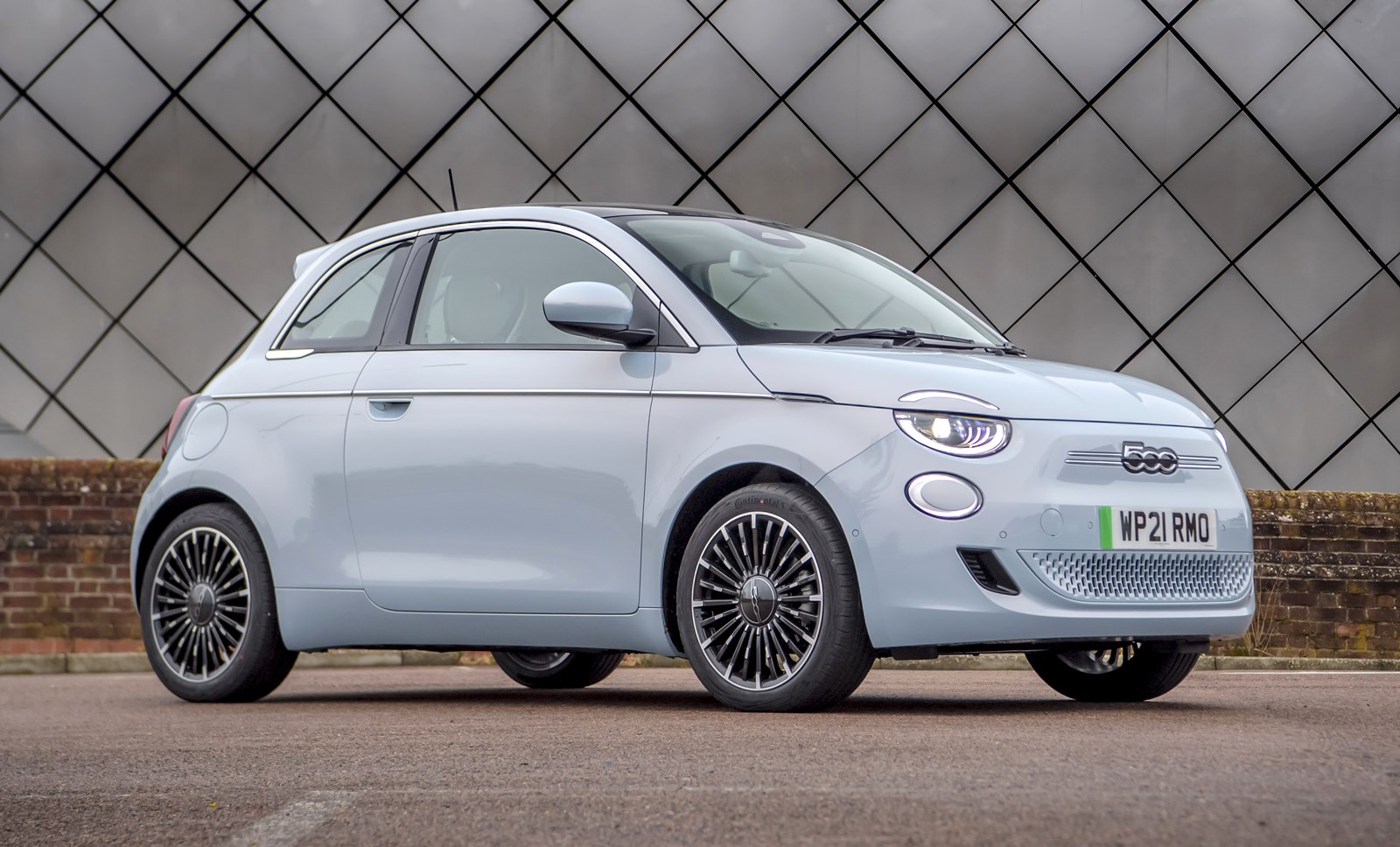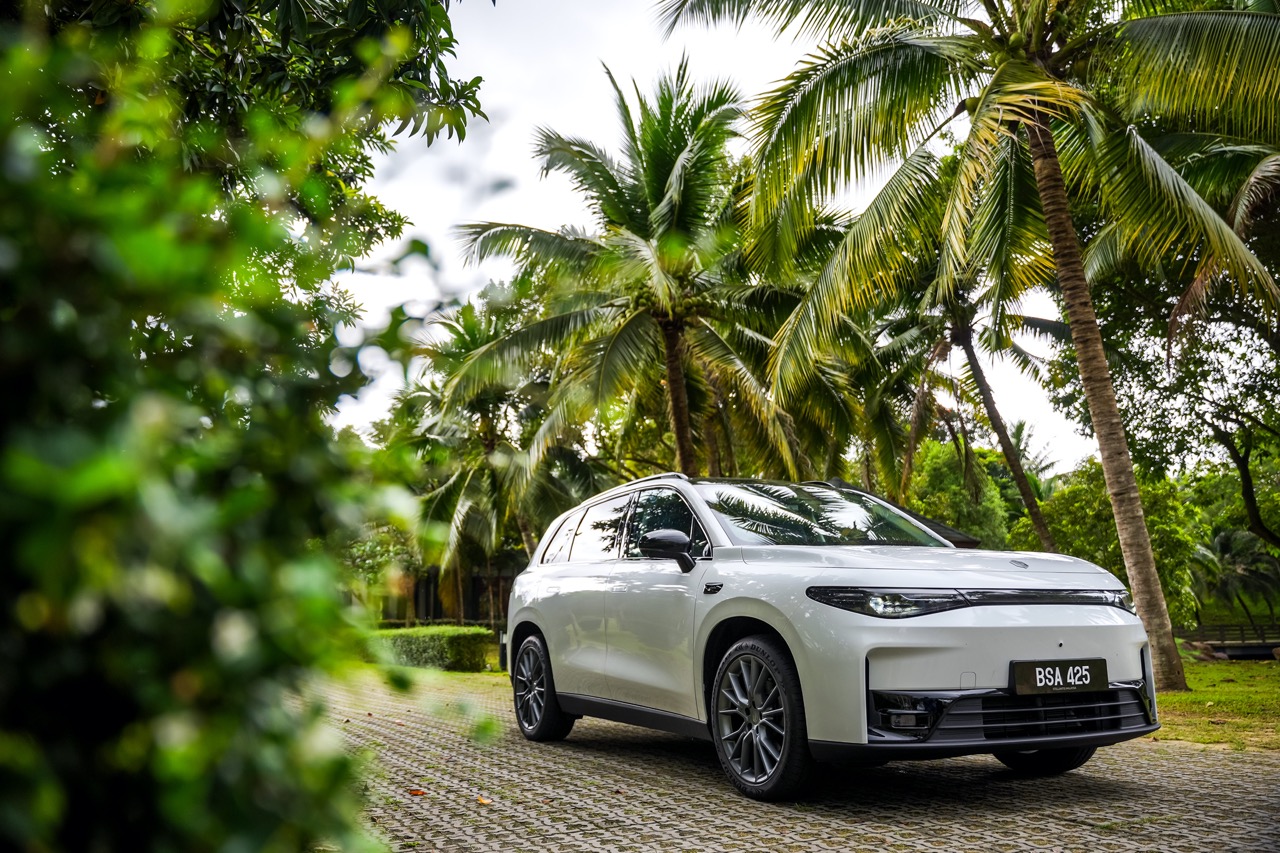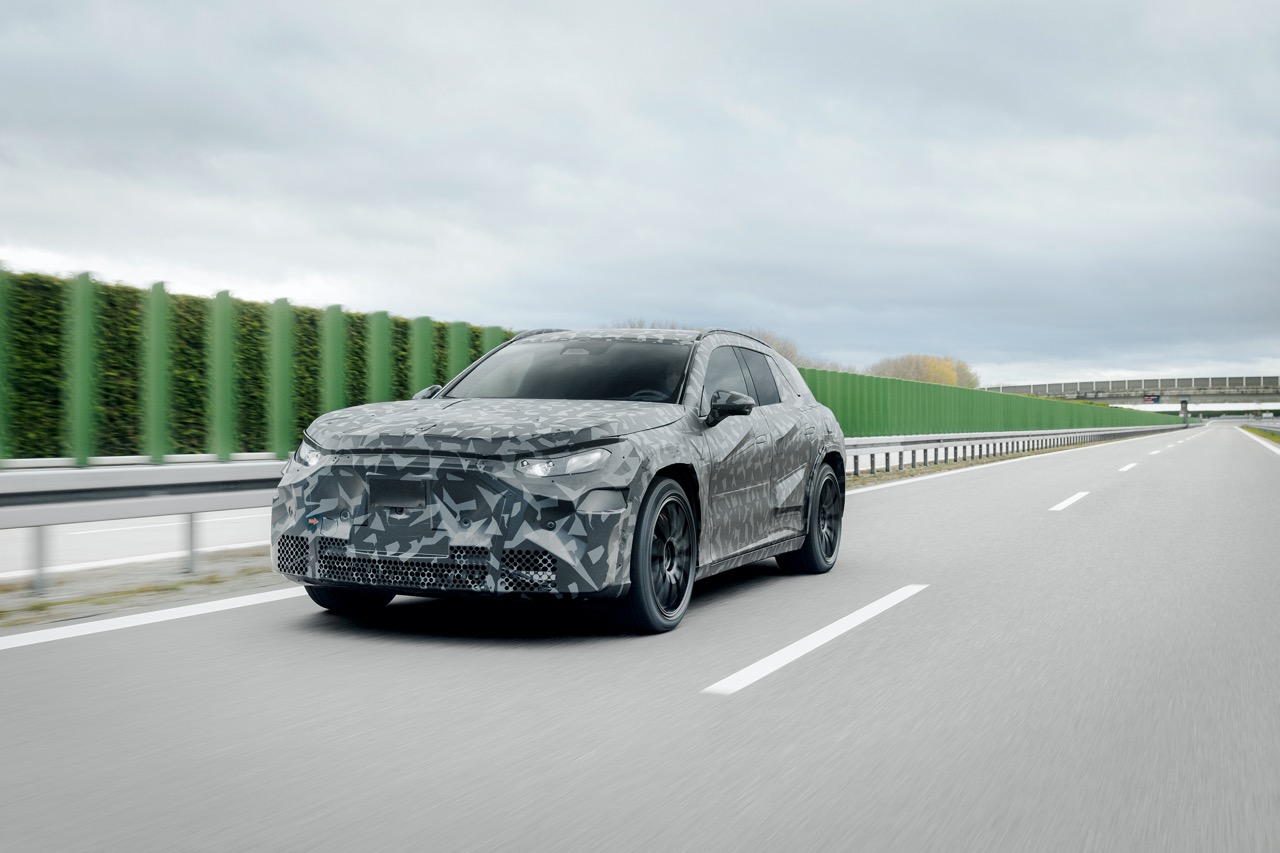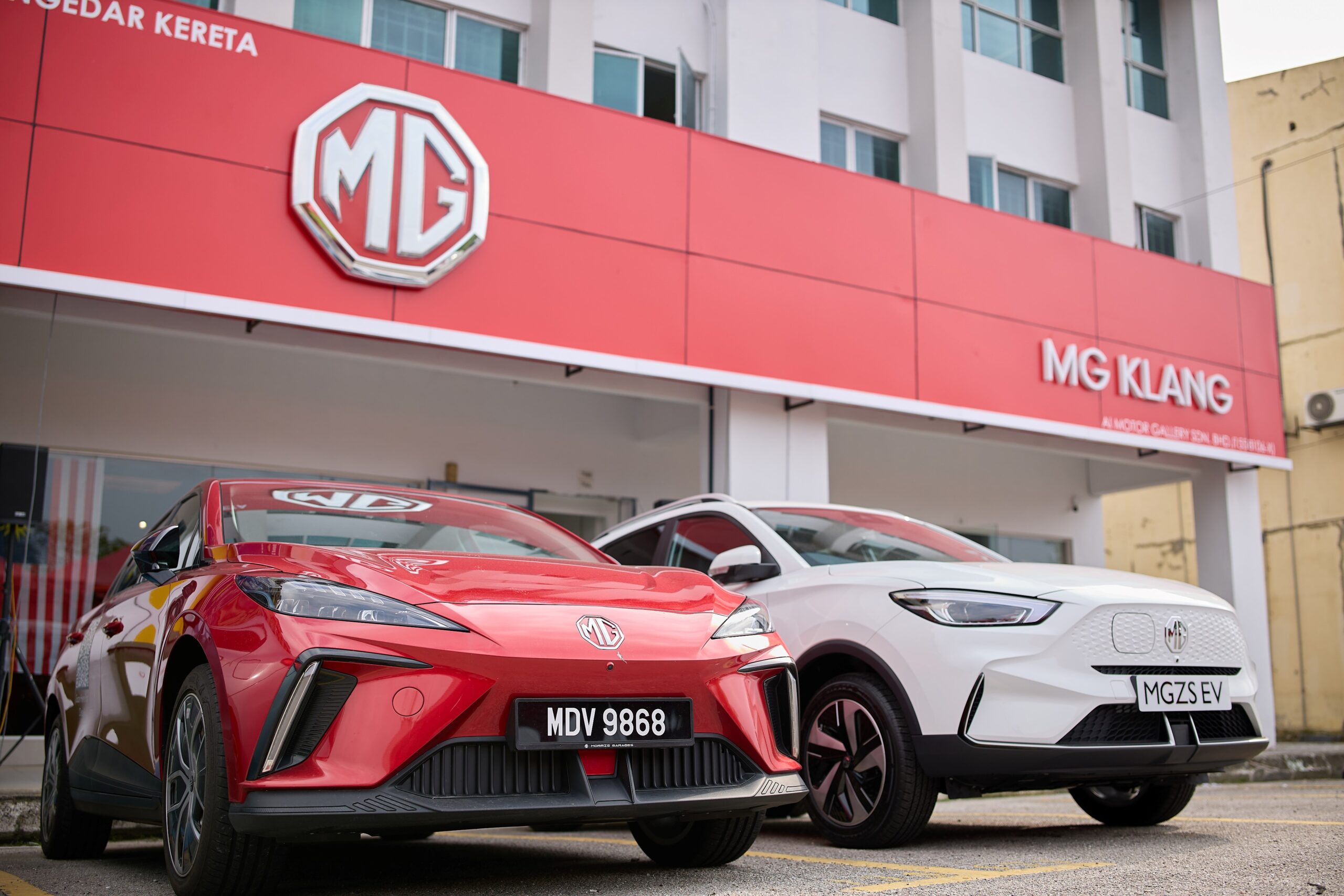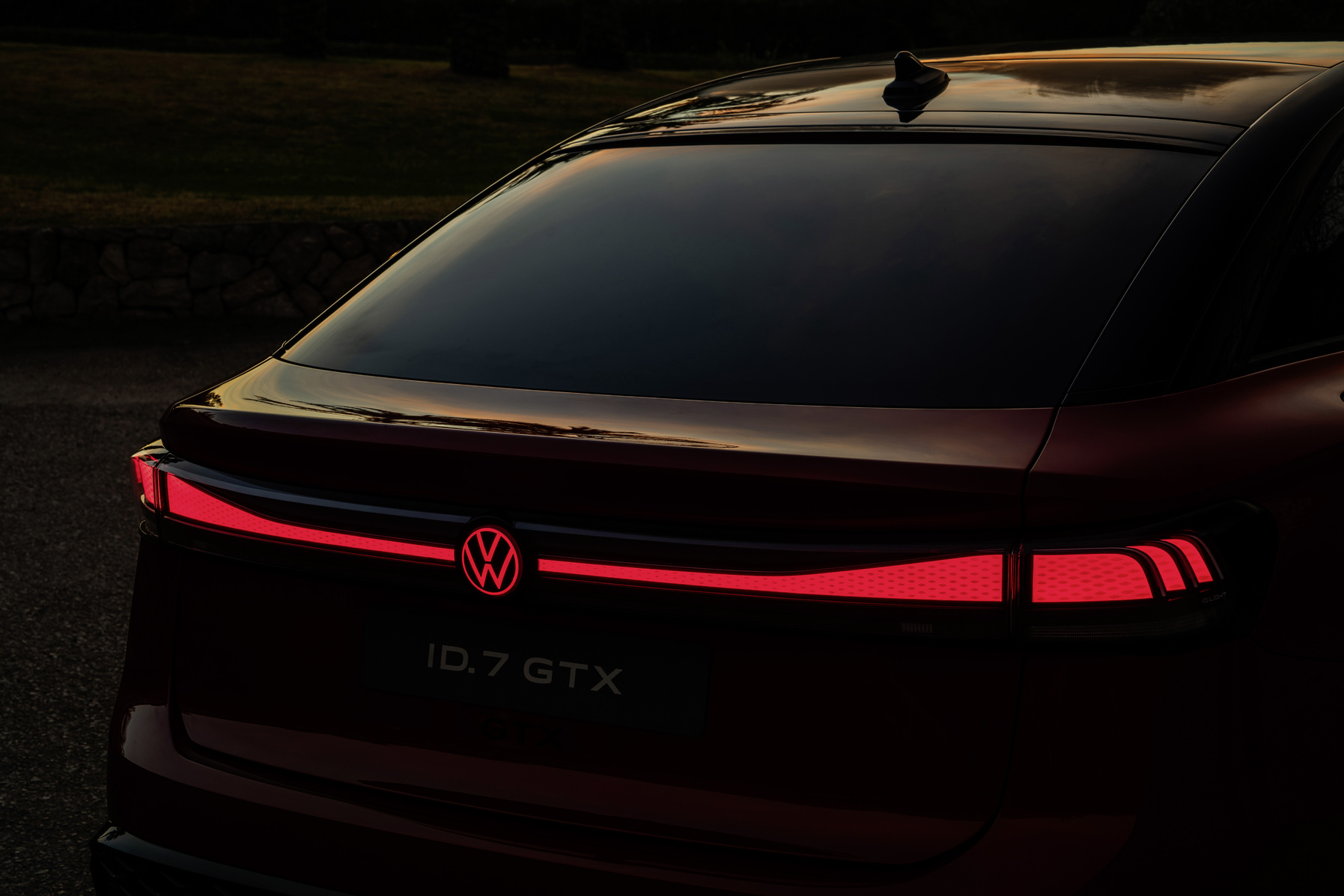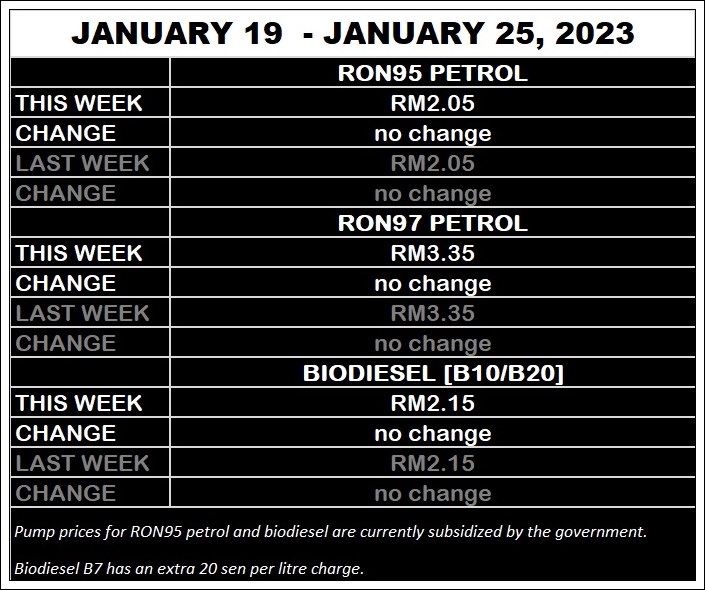
With global crude oil prices having been fairly stable over the past month (and economists are forecasting that this will continue in 2023), fuel prices have likewise been stable. The Automatic Pricing Mechanism used by the Finance Ministry determines retail prices based on various factors and for the coming 7 days, no change is needed for RON97 petrol. It also probably means that the subsidies for RON95 petrol and biodiesel can be less to maintain them at capped levels.

Even though our petrol prices (except for RON97) are controlled and lower than neighbouring countries, it’s good to try to use less as fossil fuels will eventually be finished on the planet. Here are some ways to reduce the fuel consumption in your vehicle:
Don’t carry unnecessary weight: The less weight your car has to move, the less hard the engine has to work. So whatever you do not need to keep in the boot should be taken out. This includes those golfbags and camping gear.
Plan trips: If you have different places to go on a single journey, spend a few minutes to think about the route so that you avoid congested areas. You may have to travel a few extra kilometres using a less congested route but you will actually use less fuel because the car won’t be stuck in a jam burning fuel going nowhere. Plus you will probably be less stressed out when you reach your destination.
Right tyre pressures: Under-inflated tyres will cause more rolling resistance (not to mention faster wear) which will worsen fuel consumption. Be sure they are inflated to the minimum recommended by the manufacturer and a bit more might also be better.
Service the engine regularly: Engine parts wear out or get dirty over time and reduce the operating efficiency of the engine. Regular servicing ensures that adjustments are set correctly and periodically, parts like filters or sparkplugs need to be replaced.
Switch off the engine more: Many motorists do not fully realize that the engine is burning fuel every second it is running. They will keep the engine running for long periods while waiting for someone to buy things or waiting for their children to come out from school. This is very wasteful and running the air-conditioner at the same time wastes more fuel. Switch off the engine when you are going to be stationary for more than 5 minutes and you’ll find your fuel consumption improving.
Slow and steady: You don’t have to drive at a crawl to save fuel but if you just drive more frequently at 80/90 km/h instead of 100/110 km/h, you could save 10 to 15% in fuel. Keeping a steady speed rather than ‘pumping‘ the pedal will also save on fuel. On the highway, you can use cruise control, if available.


